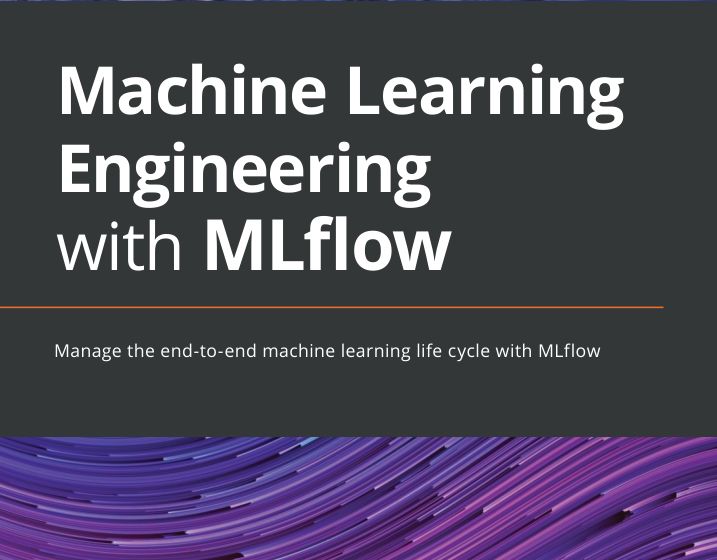

Most ebook files are in PDF format, so you can easily read them using various software such as Foxit Reader or directly on the Google Chrome browser.
Some ebook files are released by publishers in other formats such as .awz, .mobi, .epub, .fb2, etc. You may need to install specific software to read these formats on mobile/PC, such as Calibre.
Please read the tutorial at this link: https://ebookbell.com/faq
We offer FREE conversion to the popular formats you request; however, this may take some time. Therefore, right after payment, please email us, and we will try to provide the service as quickly as possible.
For some exceptional file formats or broken links (if any), please refrain from opening any disputes. Instead, email us first, and we will try to assist within a maximum of 6 hours.
EbookBell Team

0.0
0 reviewsKey Features
Explore machine learning workflows for stating ML problems in a concise and clear manner using MLflow
Use MLflow to iteratively develop a ML model and manage it
Discover and work with the features available in MLflow to seamlessly take a model from the development phase to a production environment
Book Description
MLflow is a platform for the machine learning life cycle that enables structured development and iteration of machine learning models and a seamless transition into scalable production environments.
This book will take you through the different features of MLflow and how you can implement them in your ML project. You will begin by framing an ML problem and then transform your solution with MLflow, adding a workbench environment, training infrastructure, data management, model management, experimentation, and state-of-the-art ML deployment techniques on the cloud and premises. The book also explores techniques to scale up your workflow as well as performance monitoring techniques. As you progress, you'll discover how to create an operational dashboard to manage machine learning systems. Later, you will learn how you can use MLflow in the AutoML, anomaly detection, and deep learning context with the help of use cases. In addition to this, you will understand how to use machine learning platforms for local development as well as for cloud and managed environments. This book will also show you how to use MLflow in non-Python-based languages such as R and Java, along with covering approaches to extend MLflow with Plugins.
By the end of this machine learning book, you will be able to produce and deploy reliable machine learning algorithms using MLflow in multiple environments.